Leveraging digital innovation to drive proactive professional management
Experts are important. If this was ever in doubt (which it was), the pandemic has ensured it is no longer. Experts are inventing vaccines, saving lives, shoring up institutions, working for the present and building a post-pandemic future.
So why do we trust experts, and what makes an expert a professional?
Currently, and historically, the route from expert to professional has been a social contract with the population: all professional services are provided to a regulated set of quality and safety standards set by members of the profession. Professionalism, in turn, reflects the ‘conduct, aims or qualities‘ to which experts are held to be considered professionals.
IS THE CURRENT APPROACH TO PROFESSIONALISM EFFECTIVE?
Professionalism must be proven. The modern professional cannot expect to command due respect and confidence from employers, clients, regulators or colleagues, without offering ‘proof’ of their professionalism. Unfortunately, the current system for providing this evidence – a data-light, bureaucratic, tick box exercise in self-reporting – is ineffective, neither loved nor owned by the professional.
For example, NHS doctors must provide continuing proof of competency by submitting to an annual appraisal, and a regulator defined revalidation processes. As this system is based almost entirely on self-reporting, it is susceptible to being self-serving. It has led to high profile scandals such as Ian Paterson, the breast surgeon who performed thousands of harmful breast operations on primarily female patients for years, at both NHS and private hospitals. Or Harold Shipman, who killed hundreds of elderly patients with morphine overdoes.
Such catastrophes lay bare the failure of such an approach: a flawed system providing false assurance with huge costs and often tragic consequences for patients.
It is clear that the current route to professionalisation, certainly in the health service but potentially more broadly too, carries a significant absolute and opportunity cost to the professional and the employer but for limited value.
DESIGNING A STRUCTURED APPROACH TO PROFESSIONALISM
A dedicated professional will always be working to constantly improve their skills and perfect their expertise. They should be able to collect and show evidence of their work efficiently and in a manner that reflects the impartiality and objectivity their endeavours deserve. This process should be conducted in partnership with employers and ultimately serve as a tool for driving improvement.
Professionalism can be defined and measured against four domains within which it may be evidenced and managed:
- Conduct
- Capability
- Collaboration
- Cost-effective use of resources
Data underpins each domain. There are, for instance, almost forty data points that can be used to tell a story about a hospital doctor’s professionalism. Some of these already exist, held personally by the doctor, or by their employer or within a national database. Taken individually, they may not have much to tell, but bring them all together, and a detailed picture begins to emerge.
Yesterday’s digital innovations made it possible to automate the capture, collation and reporting of vast amounts of data.
Today’s innovations have made it possible to extract insights and reports based on this data.
Tomorrow’s innovations (telescoping rapidly as the pandemic and the confluence of disparate technologies creates a perfect storm) are making it possible to conduct forensic analysis at a previously unimaginable level of granularity, run advanced predictive analytics and build sophisticated models for capability and competency management.
These innovations carry the potential to deliver a far more robust framework for measuring and managing both professionals and their organisations to create greater value and improve professional standards.
The cumulative opportunities, including greater transparency, accountability and ownership amongst professionals, are endless.
DIGITAL INNOVATION : REVOLUTIONISING PROFESSIONALISM
It is time for the professional to take back control of their career: to develop, to secure, to protect.
The Personal Proactive Professionalism (P3) system was built to enable professionals to do just that. Framed by the defining domains of professionalism, the P3 app enables employees to collect data and collaborate with both their employer and their relevant professional body on the go. Its premise is to enable individuals to express personal professionalism, to demonstrate capabilities and competencies, and benchmark evidence-based standards in real-time.
P3 is a digital innovation for professional compliance designed to make professionalism transparent, engaging, and developmentally powerful.


